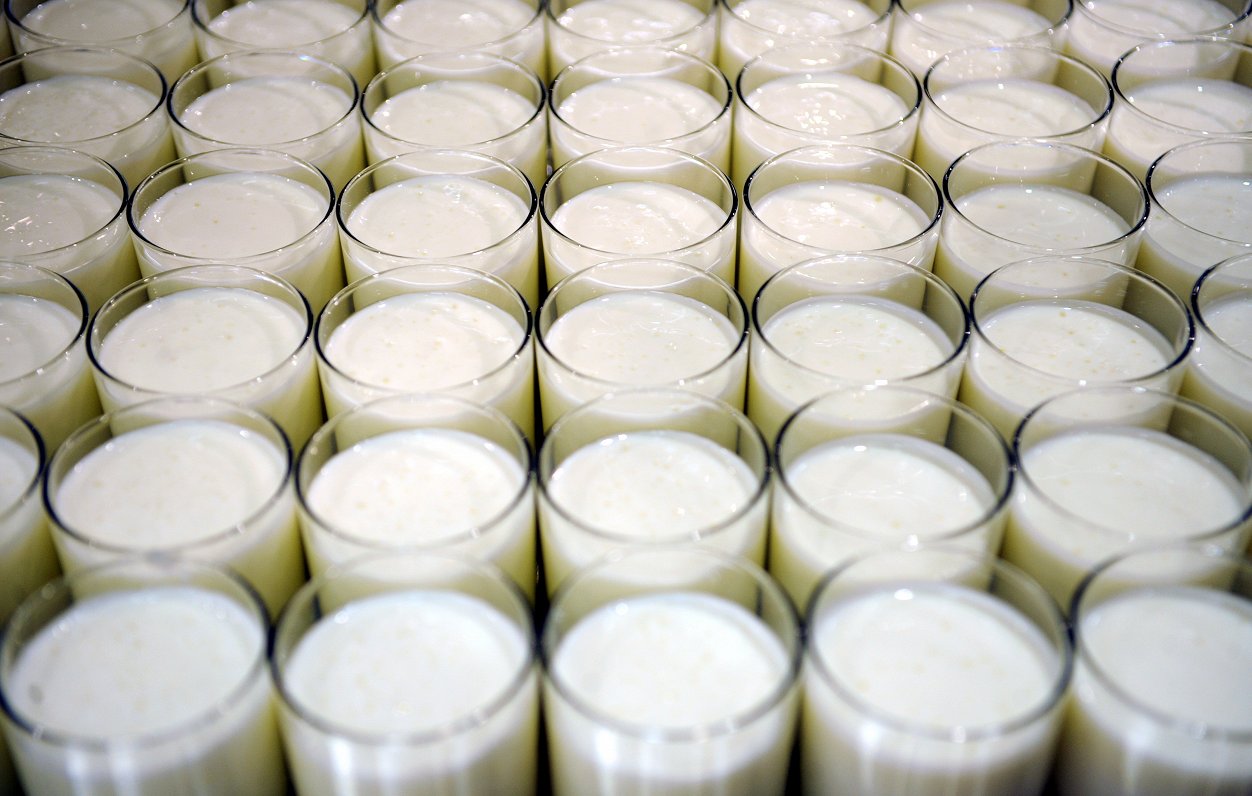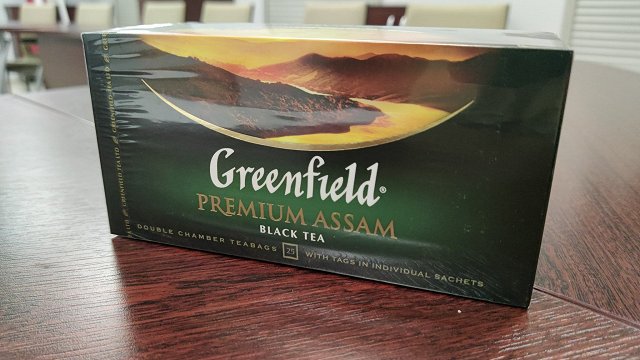"The [Lithuanian] Ministry of Agriculture subordinate Veterinary Service is taking steps, which could completely halt high-quality milk import from Latvia and Estonia, thus collapsing Lithuania’s whole dairy sector and causing a “dairy war” between the Baltic States," according to a release from the Lithuanian dairy manufacturers’ association Pieno Centras.
Egidijus Simonis, head of the organization said the country’s largest dairy manufacturing companies have received information that they will be visited by inspectors and will take samples of exclusively milk imported from the neighbouring Baltic States for non-scheduled laboratory testing. At the moment, the companies themselves are performing laboratory testing of all milk shipments.
“There emerges a real threat that excess testing can be exploited to bar milk imports from Latvia and Estonia. This would collapse not only the manufacturing industry in Lithuania but the entirety of the dairy sector, also the farms producing milk," said Simonis.
Milk imported from Latvia and Estonia comprises a third of all that used in Lithuanian dairy manufacturing companies, which are the largest in the region.
In certain companies, which have production requiring high-quality raw materials, this percentage rises to even 70% because milk imported from Latvia and Estonia has higher quality indicators than that purchased from Lithuanian farms in terms of the amount of bacteria and somatic cells and therefore only this milk is suitable for fresh dairy produce and the hard cheeses for which Lithuanian manufacturers have a particular reputation.
According to Simonis, prohibiting milk imports would also threaten a “milk war” between the Baltic States because it would cause serious consequences for Lithuania’s neighbours which do not have sufficient capacity to process all the milk produced in their countries.
Pieno Centras proposes to postpone the planned testing until after the quarantine period so that the risk of the coronavirus’ spread would be reduced. “We also urge mandatory testing of not only imported, but all submitted unprocessed milk, particularly that obtained from intermediaries, where indicators were the poorest during prior tests,” Pieno Centras’ head says.




























